Irrigation Expert Daniel Hillel Wins World Food Prize
For developing the principles behind more efficient irrigation systems — and for spreading those ideas around the world — Dr. Daniel Hillel, a soil scientist, has been awarded the 2012 World Food Prize.
Brett Walton
Circle of Blue
It is easy to read a life backwards and feel that the ends were somehow preordained. In the case of Dr. Daniel Hillel, named the 2012 laureate of the World Food Prize, it is especially so.
Born in the United States during the Great Depression, Hillel spent part of his childhood on a farm in Palestine. He returned to the U.S. for high school and college, but soon after Israel was founded in 1948, Hillel became part of the first generation of Israelis to try to transform the arid country’s natural resources.
“Farmers in Israel had no prior experience,” Hillel, 81, said in a phone interview with Circle of Blue from his home above the Mediterranean coast, south of Haifa. “We pioneered farming in this region. We weren’t the sons and grandsons in a long family line of farmers, so we had to start anew. This turned out to be an advantage.”
Living on a kibbutz in the early 1950s in the Negev highlands — one of the first desert settlements in the new Israeli state — Hillel and his compatriots became very aware of water scarcity. They learned to trap water running down from the hillsides and to manage it well.
Hillel, who by this time had degrees in agronomy and in earth sciences and would later get a Ph.D. in soil physics from Hebrew University of Jerusalem, found that consistently applying small amounts of water to the root zone increased yields and decreased water use. It was a significant improvement over the old high-volume, low-frequency method whereby fields were flooded and then dried.
“I’m not alone in this,” he said, acknowledging that, like all scientists, he had shoulders to stand on and companions to help with research, development, and promotion. “I’m part of a generation that attempted to come up with these new techniques.”
One of his cohort was David Ben-Gurion, the country’s first prime minister. Ben-Gurion toured the Negev settlement and eventually resigned from the government to live and work there. He would send Hillel on trips abroad to spread the word about the new methods — drip irrigation, as it is now called, being the most prominent — and to convert farmers to the techniques that would produce “more crop per drop.”
–Daniel Hillel
Soil scientist
Winner 2012 World Food Prize
Cynthia Rosenzweig, Hillel’s former student and current colleague at Columbia University’s Earth Institute, called Hillel the “father of sustainable water management.”
According to the World Food Prize committee, these techniques are now used on more than 6 million hectares (14.8 million acres) worldwide.
The New Challenge: Climate Change
In the last two decades, the focus of Hillel’s research has slowly shifted to climate change. Rosenzweig told Circle of Blue that Hillel was one of the first people to think about the cascading effects of warmer temperatures and erratic weather patterns.
“He was so prescient,” she said. “He realized early on that climate change would affect agriculture, and he has brought that into his research.”
Rosenzweig and Hillel are currently working on a book — their fourth collaboration — on the global and regional effects of climate change on food production.
As the world’s population continues to push toward an estimated peak of 9 billion, Hillel said that his task is not complete. We need to feed another 2 billion people, he said, and no country has completely solved the problem.
“Much of the turmoil in the Middle East,” Hillel said, “is due to an underlying issue of resource scarcity, depletion, and abuse. Most reporters miss this, because they are looking at politics. We forgot, often, the basic livelihoods.”
Even though he no longer commands a classroom and is officially retired, Hillel continues his work to improve those livelihoods. The accolades he might receive are a convenient reminder of his work’s effect.
“I’ve had an avalanche of phone calls and emails from colleagues,” Hillel said on Tuesday evening, several hours after the award was announced in Washington, D.C. “So, somehow it’s reverberating, which is both humbling and gratifying.”
Brett writes about agriculture, energy, infrastructure, and the politics and economics of water in the United States. He also writes the Federal Water Tap, Circle of Blue’s weekly digest of U.S. government water news. He is the winner of two Society of Environmental Journalists reporting awards, one of the top honors in American environmental journalism: first place for explanatory reporting for a series on septic system pollution in the United States(2016) and third place for beat reporting in a small market (2014). He received the Sierra Club’s Distinguished Service Award in 2018. Brett lives in Seattle, where he hikes the mountains and bakes pies. Contact Brett Walton

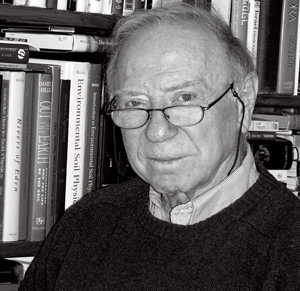
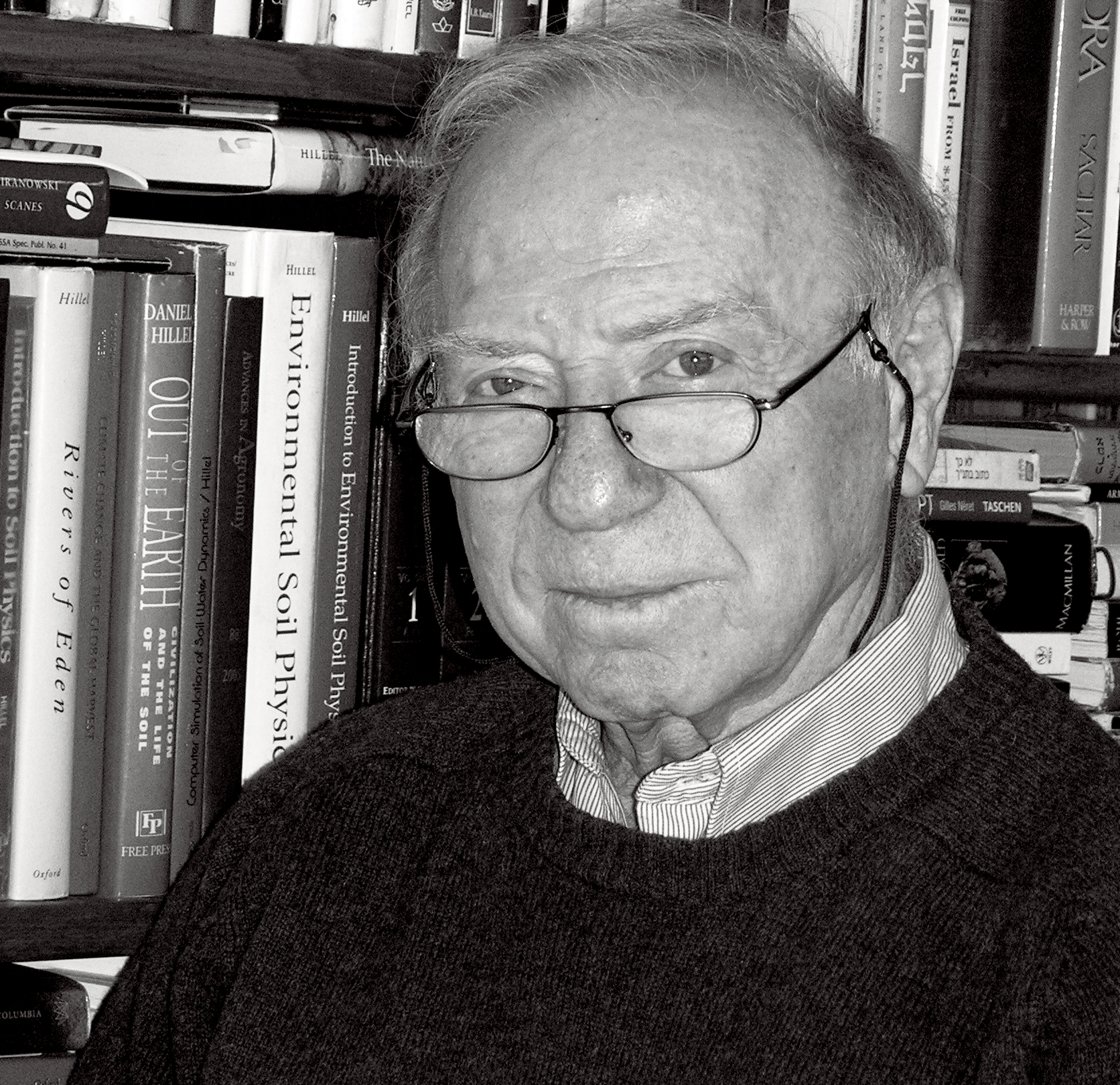


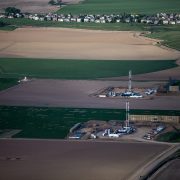
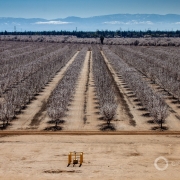
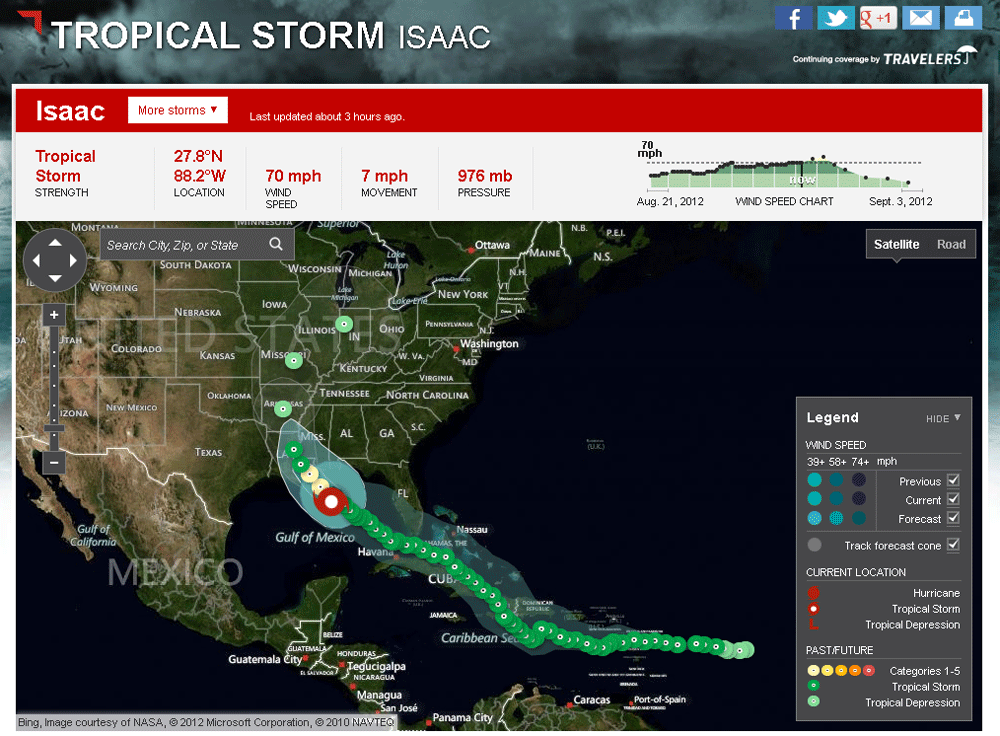


Brett;
We are working with a number of people around the globe regarding Drip Irrigation, Irrigation Injection Systems, and our bio-stimulants that have proprietary formulations. We want to work with more growers, both conventional and greenhouse operators in testing our products in conjunction with Drip Irrigagtion.
We feel that this concept takes huge strides in the more proficient utilization of water, fertilizers, and bio-stimulants. This combination makes all the difference in the world. We have proven that we can reduce stress on plants from a number of different areas when our bio-stimulant product line has been incorporated. It is too big, and has too much potential to help people and the environment to overlook it.
Sincerely;
Stan Clement
enviromagproducts2009@yahoo.com
(314)397-4303 (C)